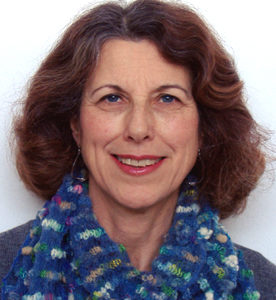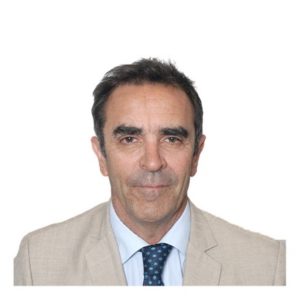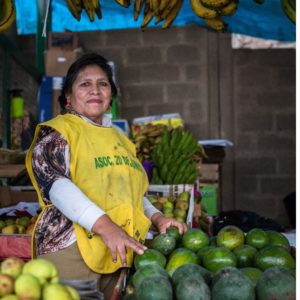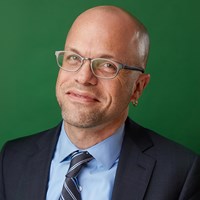Informal Sector
Special Sessions Venue: R1-Cine Alfredo Pareja- International Labour Organization (ILO),
- United Nations Human Settlements Programme (UN-Habitat).
- UN-Women,
- United Nations High Commission for Refugees (UNHCR),
- World Food Programme (WFP),
- United Nations Development Programme (UNDP).
- Alison Brown Professor Cardiff University / WIEGO United Kingdom of Great Britain and Northern Ireland

- Dr. Edmundo Werna Focal Point For Habitat III ILO (International Labour Office) Brazil

- Gabriela Olguin Confederación De Trabajadores De La Economia Popular (CTEP) Argentina

- Juliana Afari-Brown National Coordinator Informal Hawkers And Vendors Association Of Ghana Ghana

- Ms. Gloria Solorzano Espinoza Organization's Secretary National Network Self-employers – RENATTA per

- Namrata Bali Director Indian Academy For Self Employed Women (IASEW) India

- Sally Roever Urban Policies Programme Director Women In Informal Employment: Globalizing And Organizing (WIEGO) United States of America

- Xavier Briggs Vice President Economic Opportunity And Markets Ford Foundation United States of America

Enhancing Productivity in the Urban Informal Economy
Urbanisation is one of the 21st century’s most transformative trends. In parallel the informal urban economy has assumed an increase in prominence, creating jobs for millions of urban residents and contributing to the economies of fast growing cities. Yet policy and practice has been slow to catch up in harnessing the potential of informal economic enterprises and workers. Habitat III and its outcome document, the New Urban Agenda, set out a new vision for urban futures, anchored in the concept of cities for all, where all inhabitants, present and future, can inhabit and produce just, safe, healthy, accessible, resilient, and sustainable cities and human settlements. In this session, experts and representatives from informal economic sectors will explore various ways to support economic inclusion and the pathways out of poverty for informal workers, with a focus on the needs of women, young people, and disadvantaged groups. Recognition of the important contribution of informal workers can lead to innovations in urban planning and design, and the creation of a legal and policy framework, which supports the working poor. During the session panellists will share examples of partnership and good practice where local governments and informal workers have worked in partnership to implement a shared vision of economic inclusion for all, a key objective of the New Urban Agenda.
Guiding Questions
· What are key governance issues facing urban local authorities in addressing the challenges to informal urban economic workers? What are the solutions to these challenges?
· What type of planning and design methods should cities adopt to address the challenges facing informal urban economic workers?
· What legal and regulatory frameworks should be introduced to address the challenges faced byinformal urban economic workers?
· What policies and practices confirm rights and representation of informal urban economic workers?
· What are the mechanisms to promote linkages between formal and informal enterprises?
